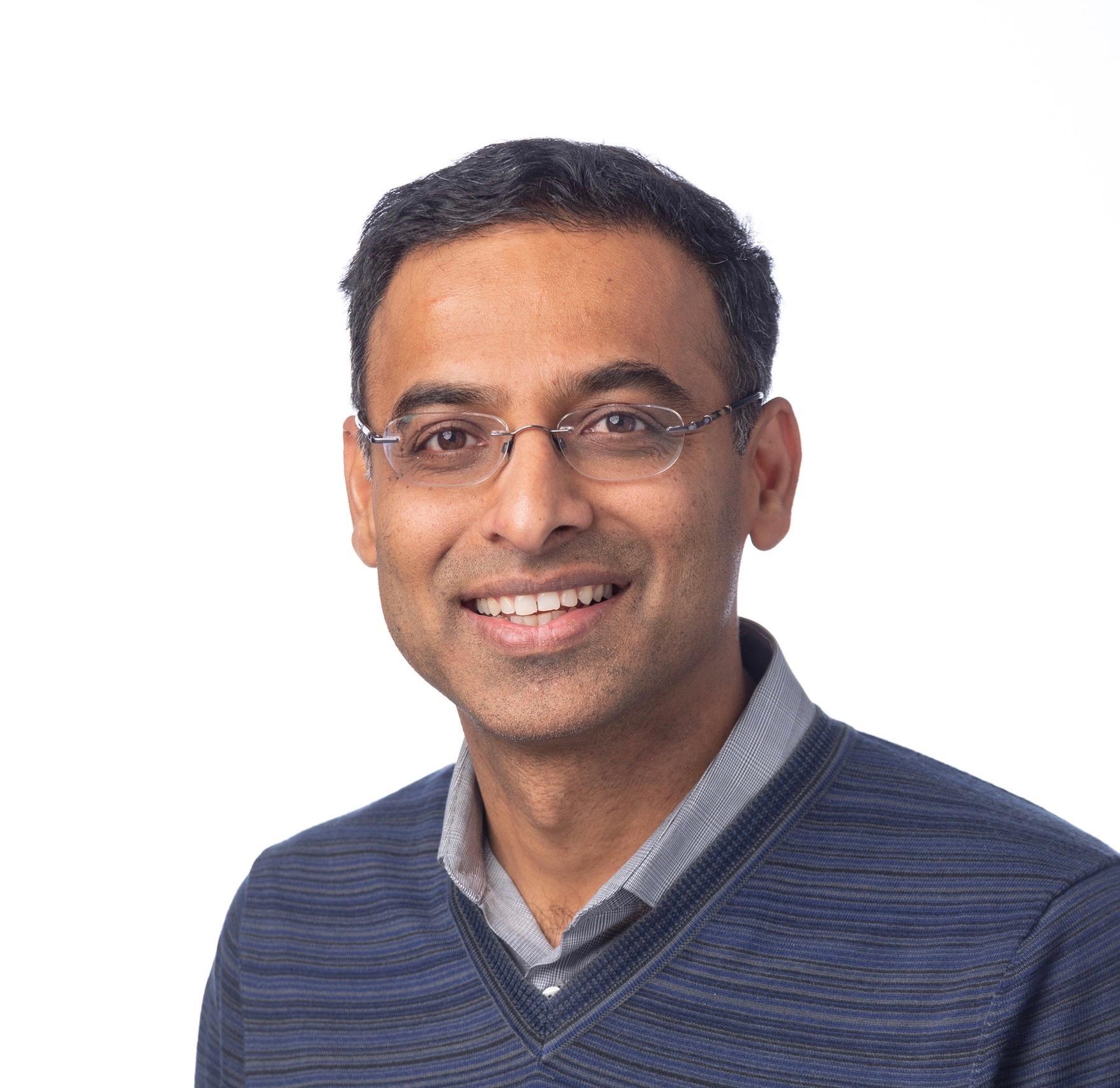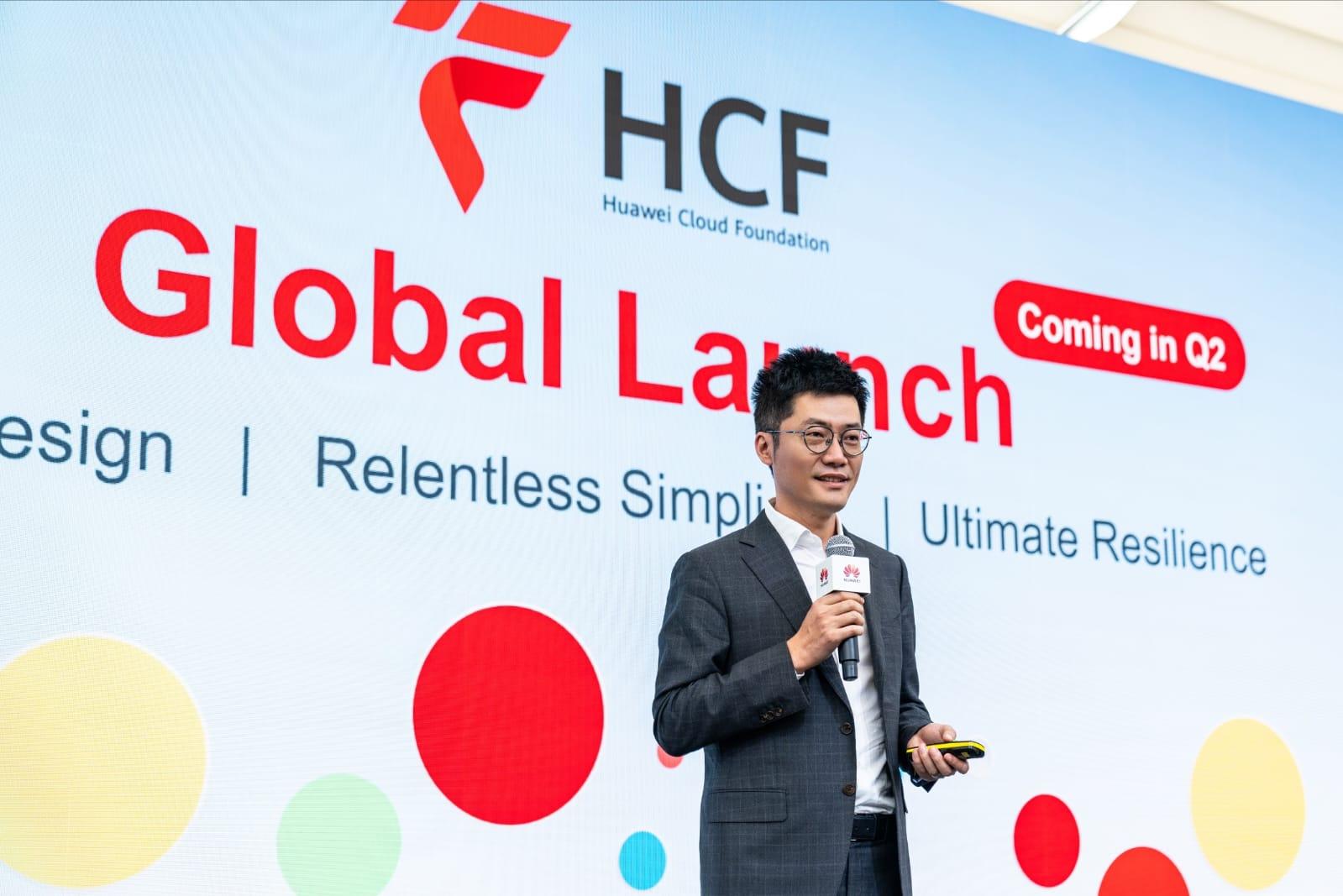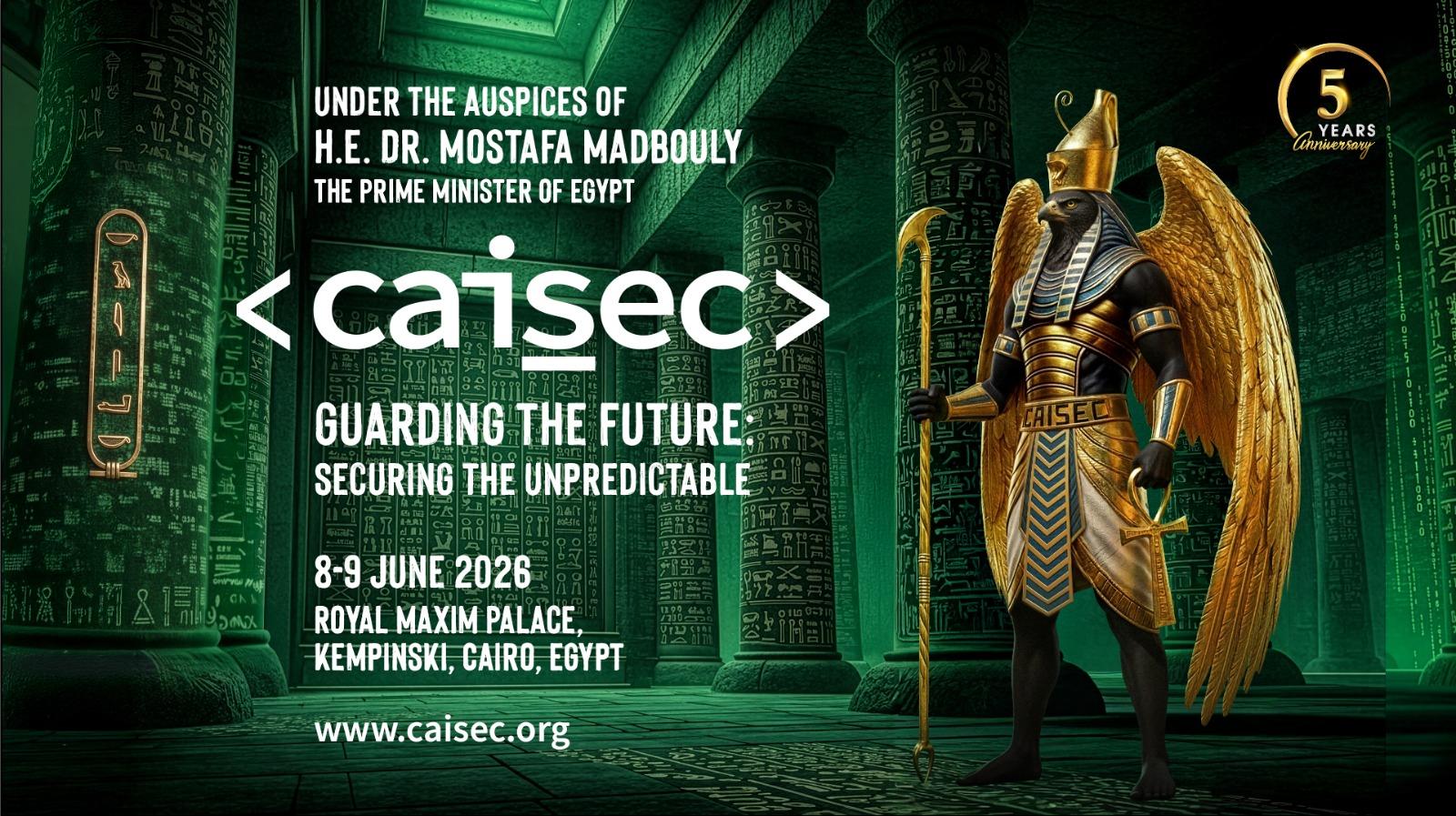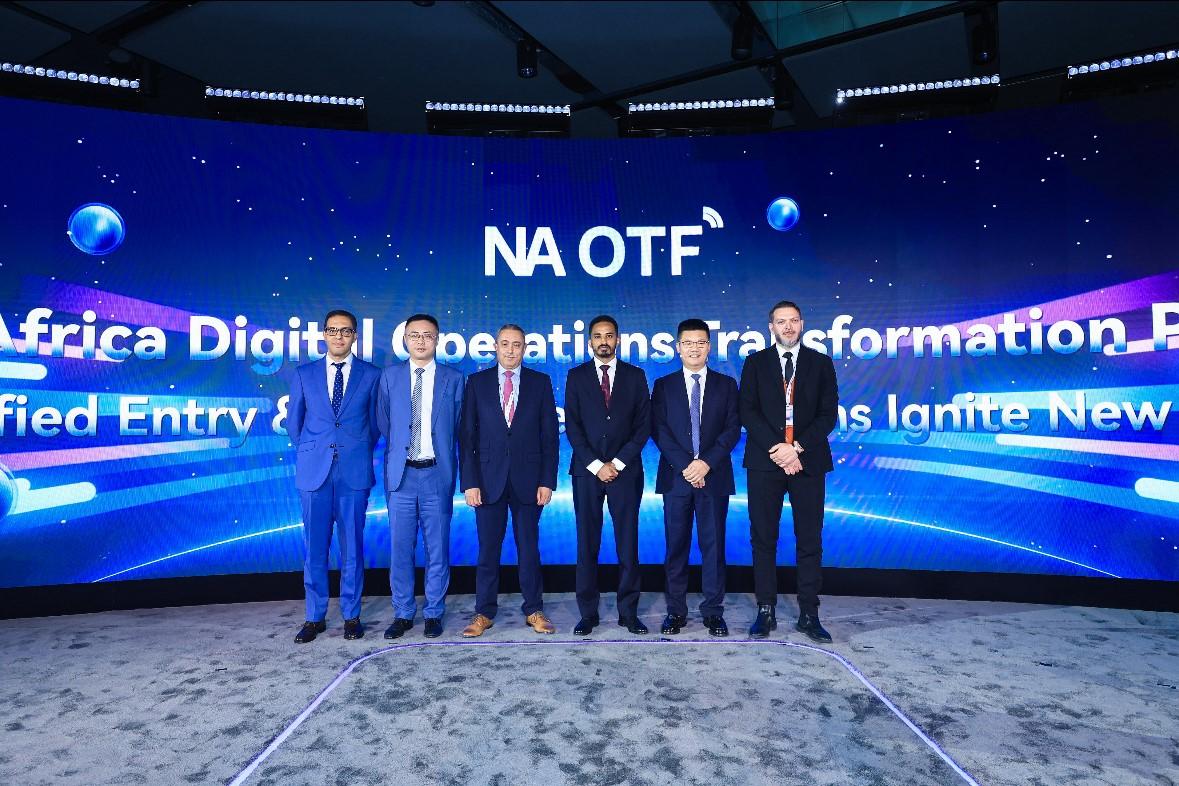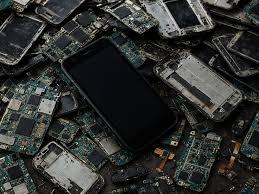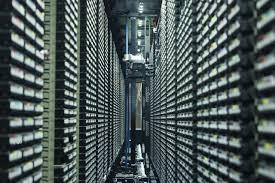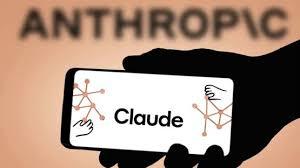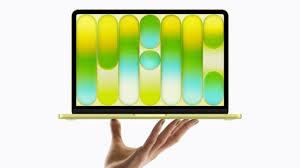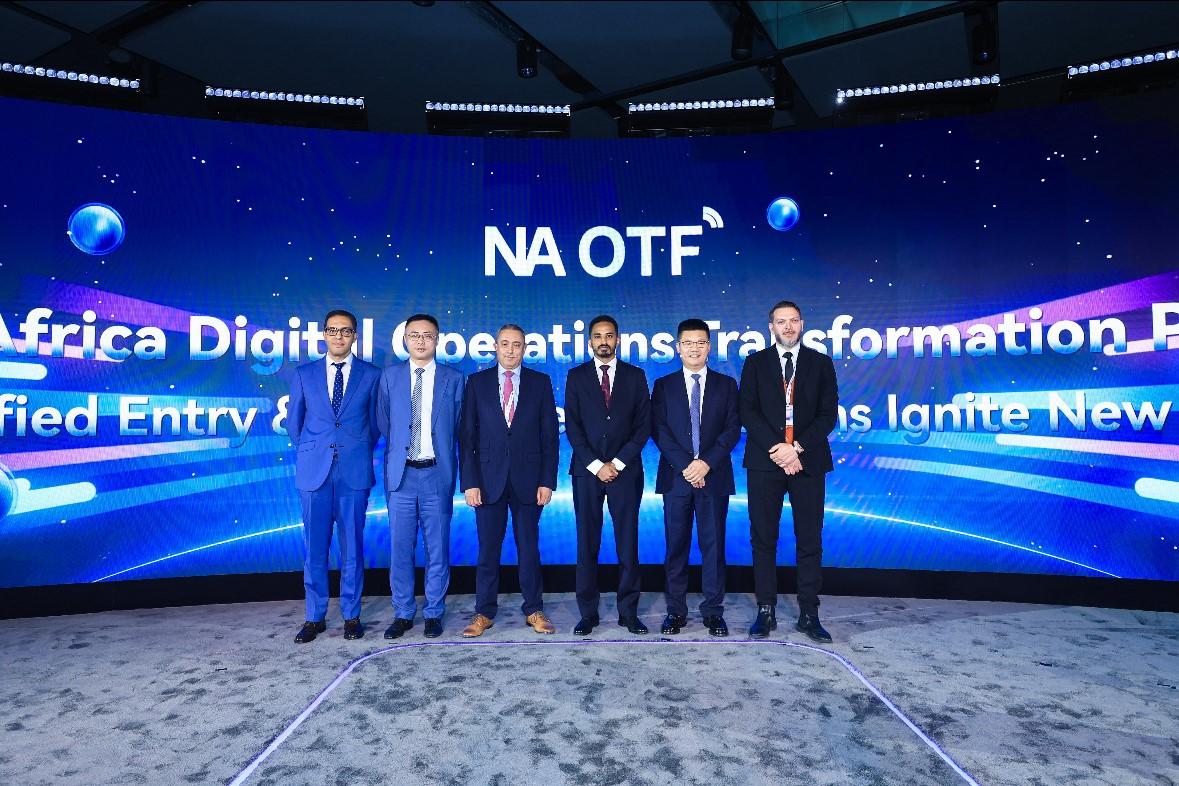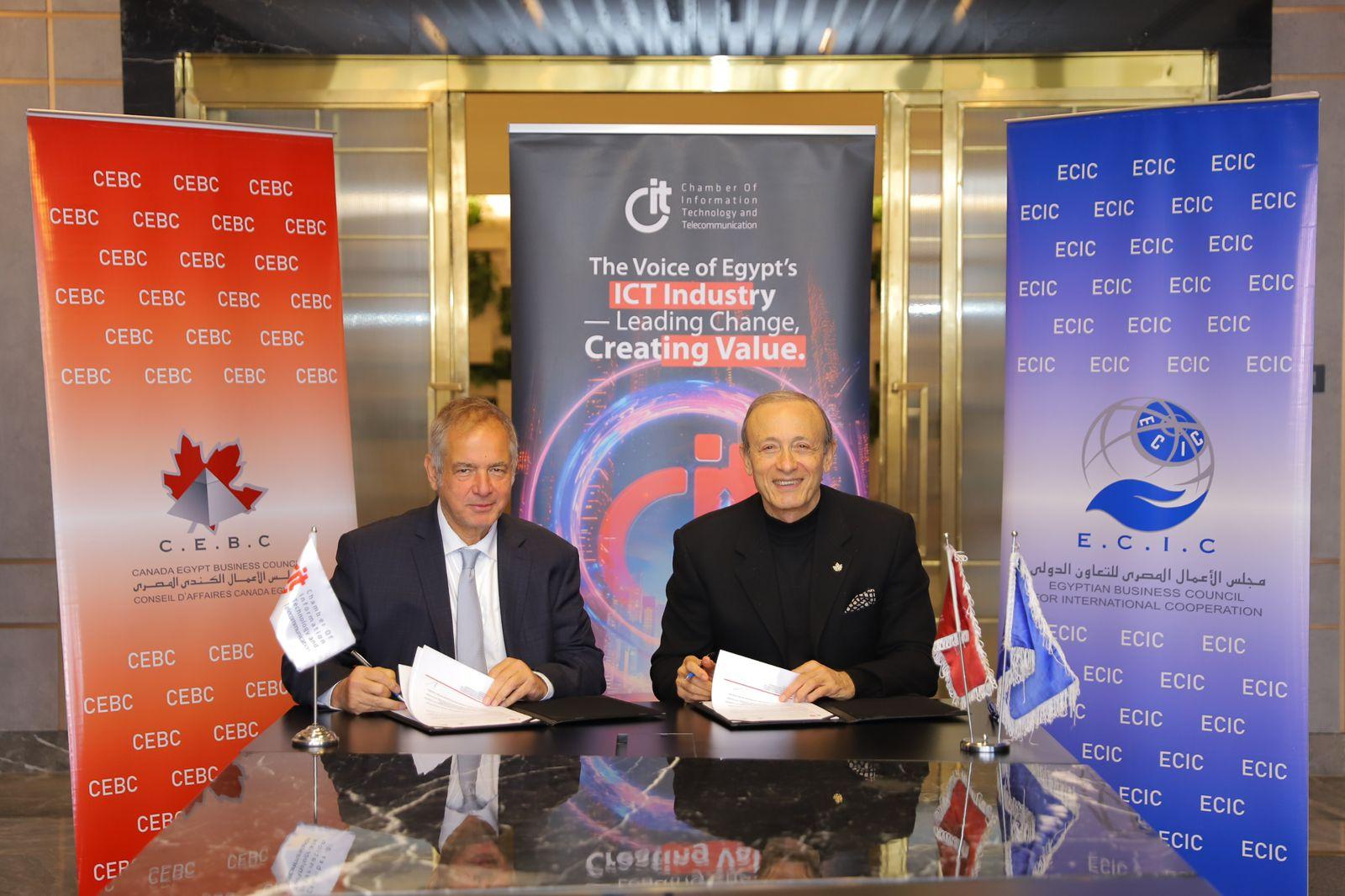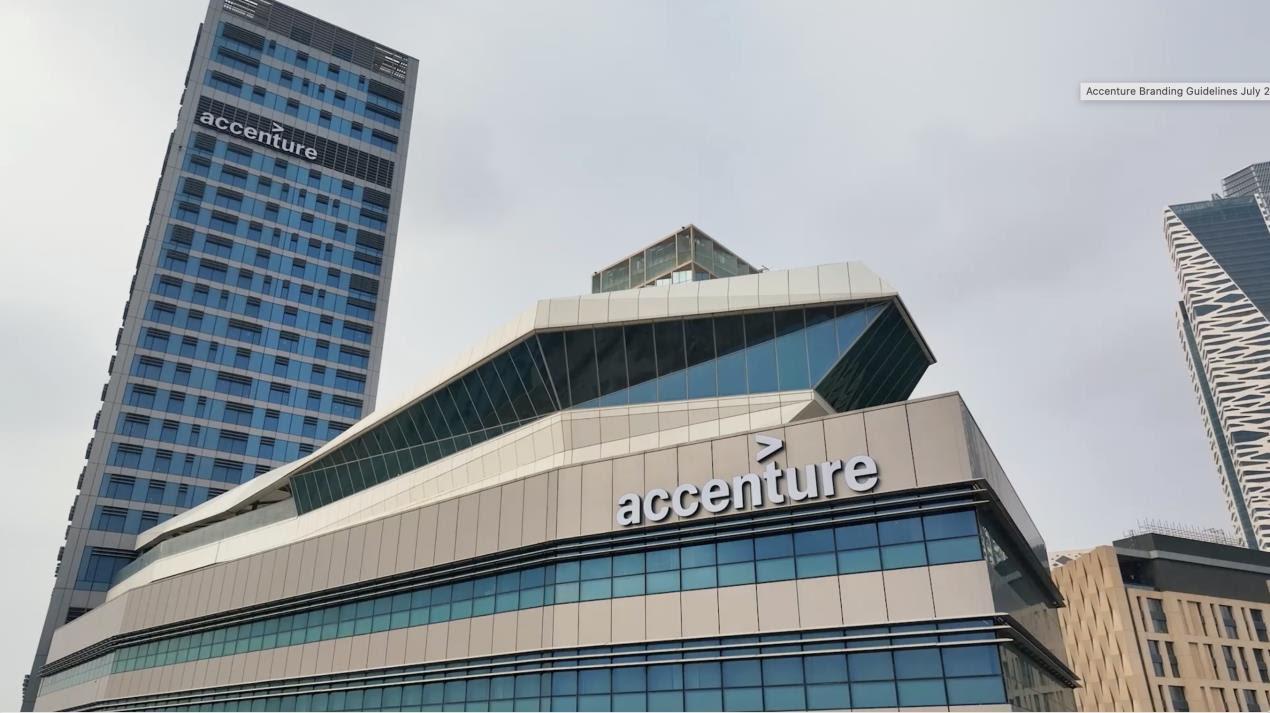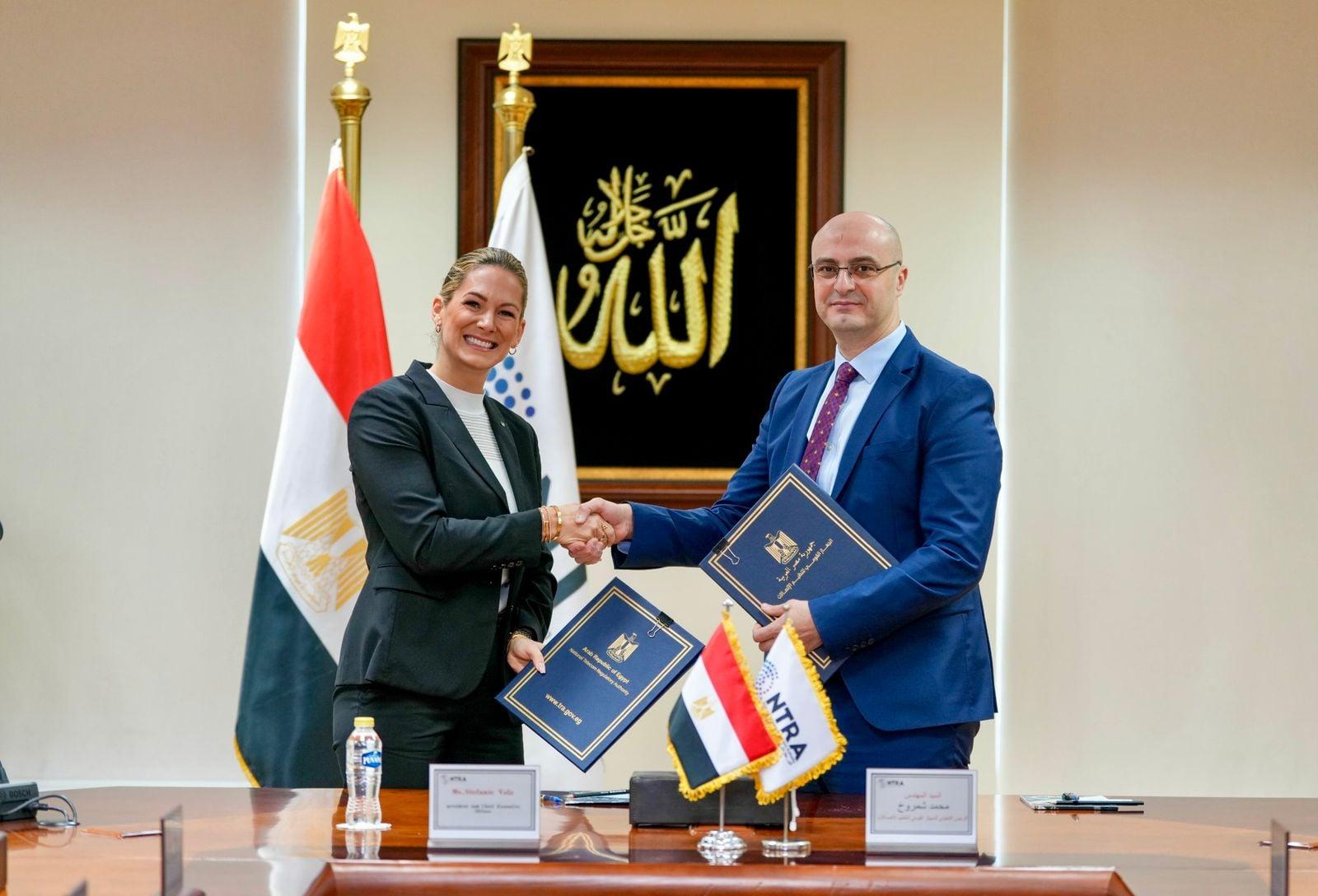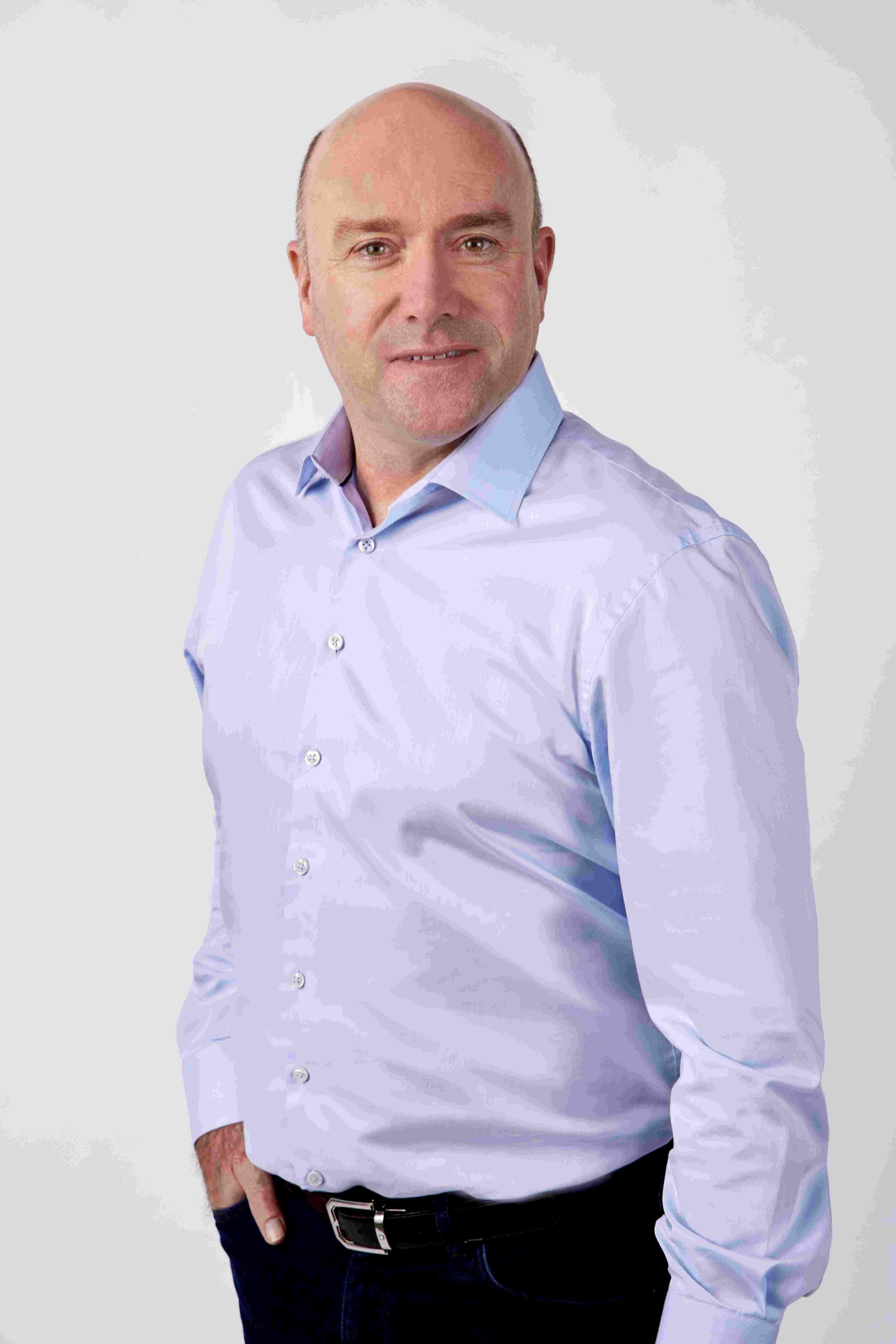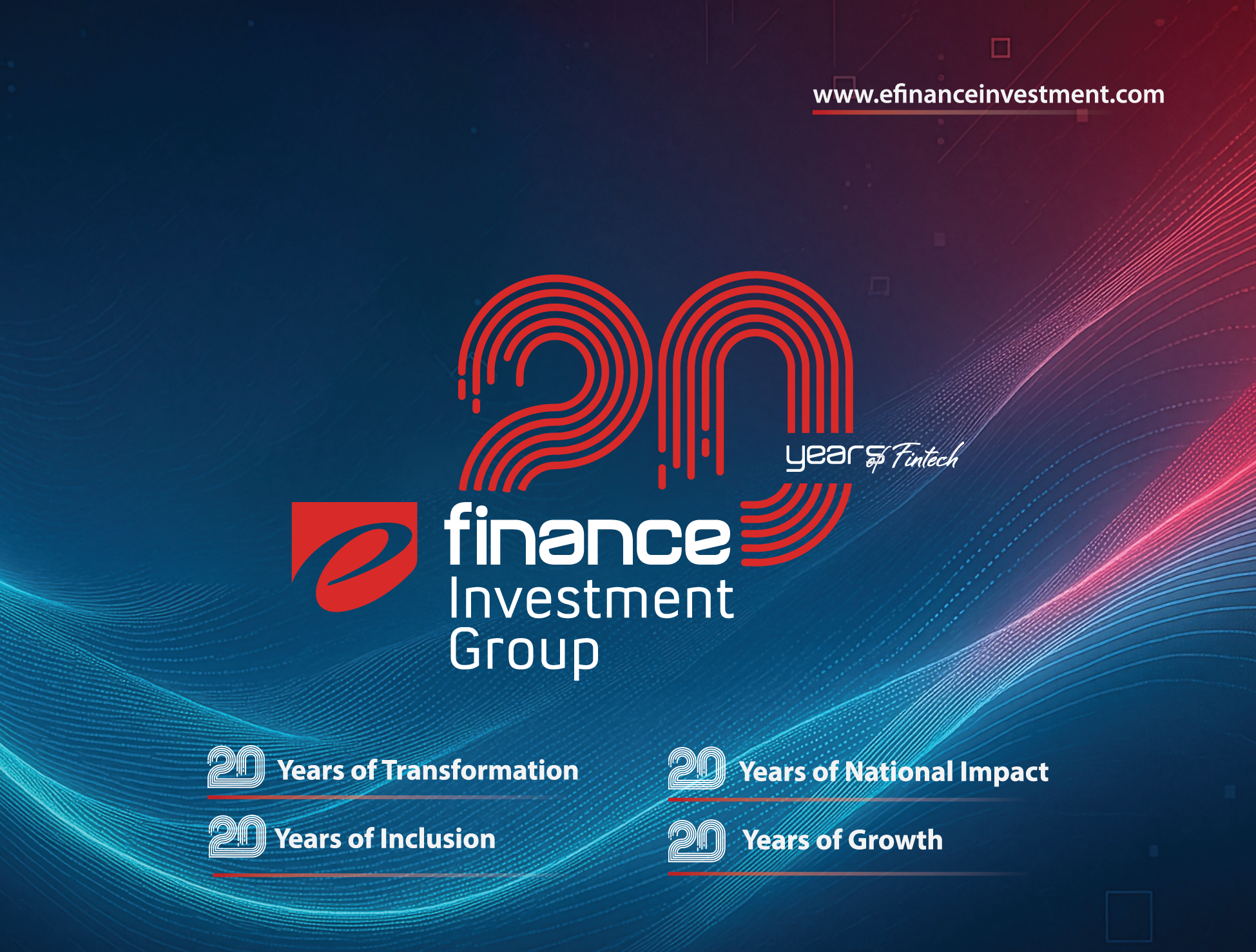By : Mohamed Shawqi
HE Saeed Mohammed Al Tayer, MD & CEO of Dubai Electricity and Water Authority (DEWA) has received Masagos Zulkifli, Minister of the Environment and Water Resources in Singapore, with a high-level delegation from the Ministry. The delegation included His Excellency Low Pit Chen Consul-General of the Republic of Singapore in Dubai and the Northern Emirates; Benedict Chia Yueng Ching Director (Strategic Issues) and National Climate Change Secretariat. Both parties discussed their experiences and international practices in renewable and clean energy as well as sustainability.
The meeting was attended by Waleed Salman, Executive Vice President of Business Development and Excellence at DEWA; Dr. Yousef Al Akraf, Executive Vice President of Business Support and Human Resources; Marwan bin Haider, Executive Vice President of Innovation and the Future; and Khawla Al Mehairi, Executive Vice President of Strategy and Government Communications.
Al Tayer reviewed DEWA’s prominent projects, initiatives, and programmes in anticipating and shaping the future of energy. This is through innovating a futuristic model for utilities in the generation, transmission, and distribution of electricity and water. DEWA continues its efforts to achieve the futuristic vision of the wise leadership; and the UAE Centennial 2071 to make the UAE the world’s leading nation. DEWA has investments worth over AED 86 billion over the next five years to meet growing demand for electricity and water in Dubai. DEWA currently has an installed capacity of 11,700 megawatts (MW) of electricity and 470 million gallons of desalinated water per day, providing its services to over 900,000 customers in Dubai according to the highest levels of availability, quality and efficiency.
Al Tayer noted that the UAE attaches great importance to sustainability and the shift towards green economy by increasing its use of clean and renewable energy. This aligns with the Dubai Clean Energy Strategy 2050, launched by HH Sheikh Mohammed bin Rashid Al Maktoum, Vice President and Prime Minister of the UAE and Ruler of Dubai, to provide 75% of Dubai’s total power output from clean energy by 2050. To achieve this, DEWA has launched several green programmes and initiatives. These include the Mohammed bin Rashid Al Maktoum Solar Park, the largest single-site solar park in the world using the Independent Power Producer (IPP) model. The Solar Park has a planned capacity of 5,000 MW by 2030 with investments up to AED 50 billion. When completed, the Solar Park will reduce 6.5 million tonnes of carbon emissions annually.
Al Tayer highlighted that the capacity of the current projects at the Solar Park is 1,013 MW. The total capacity of the five phases announced so far will reach 2,863 MW and will reach 5,000 MW by 2030. DEWA has adopted the IPP model in the solar park’s projects to promote public-private partnerships. Through this model DEWA has, on five separate occasions, achieved the lowest international prices for electricity.
Al Tayer noted that the 13MW first phase of the solar park became operational in 2013 using photovoltaic solar panels. The 200MW photovoltaic second phase of the solar park was commissioned in March 2017. DEWA is currently finishing the third phase with a capacity of 800 MW, as the first of its kind in the Middle East and North Africa to use an advanced solar tracking system. This will increase generation efficiency by 20-30% when compared to fixed installations.
The fourth phase of the solar park is the largest single-site solar IPP project in the world that combines CSP and photovoltaic technology with a capacity of 950MW. It will use 700MW of CSP; 600MW from a parabolic basin complex and 100MW from a solar tower; and 250MW from photovoltaic solar panels. The project will feature the tallest solar tower in the world at 260 metres. It will also have the biggest global thermal storage capacity. The fifth phase of the Solar Park has a capacity of 900MW. This phase will become operational in stages starting Q2 of 2021.
The R&D Centre of the Solar Park focuses on four key operations. These include producing electricity from solar power and other clean energy technologies; the integration of smart grids; energy efficiency, and water.
DEWA is building innovative and pioneering projects such as the pumped-storage hydroelectric power station in Hatta with a capacity of 250 MW. This project is the first of its kind in the GCC, with response to demand for energy within 90 seconds.
DEWA is also working on the Green Hydrogen project, which is the first solar-driven green hydrogen electrolysis facility in the MENA region. This project uses clean energy to produce green hydrogen at the facility that will be stored and deployed for different uses.
DEWA has won 190 prestigious local and international awards over the past three years. It has managed to institutionalise innovation in all its divisions and operations. This achieved competitive results, surpassing international companies. The losses in electricity transmission and distribution networks decreased to 3.2% last year compared to 6-7% recorded in Europe and the USA. Water network losses decreased to 6.6%, compared to 15% in North America. DEWA has also recorded the lowest Customer Minutes Lost (CML) to 1.86 minutes compared to 15 minutes recorded by leading utilities in the European Union.
The UAE, represented by DEWA, has maintained its first global ranking for the third consecutive year in all Getting Electricity indicators of the World Bank Doing Business Report 2020. The report measures the ease of doing business in 190 economies around the world.
The Singaporean delegation, visited the Mohammed bin Rashid Al Maktoum Solar Park. The delegation was received by Jamal Shaheen Al Hammadi, Vice President of Clean Energy & Diversification at DEWA.
The Minister of the Environment and Water Resources in Singapore expressed interest in participating in DEWA’s leading clean and renewable energy projects. The Singaporean Minister commended DEWA’s efforts in achieving sustainable development in Dubai, stressing the importance of sharing best global experiences and practices in renewable energy and energy efficiency






